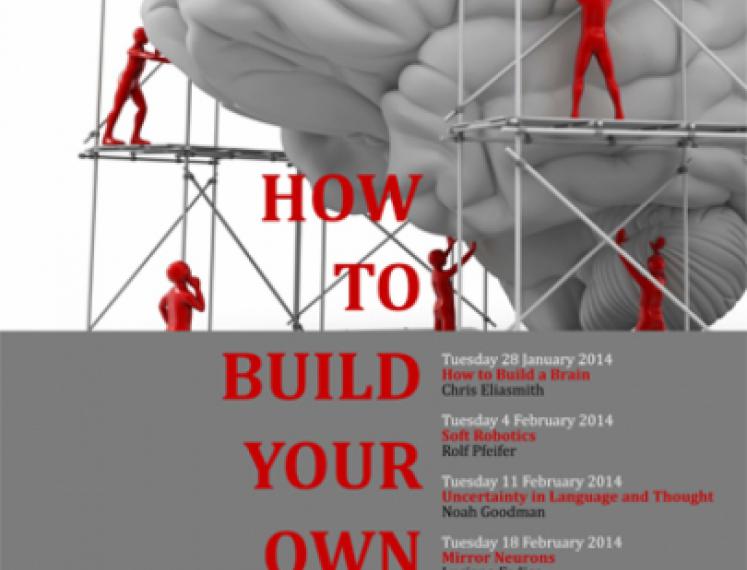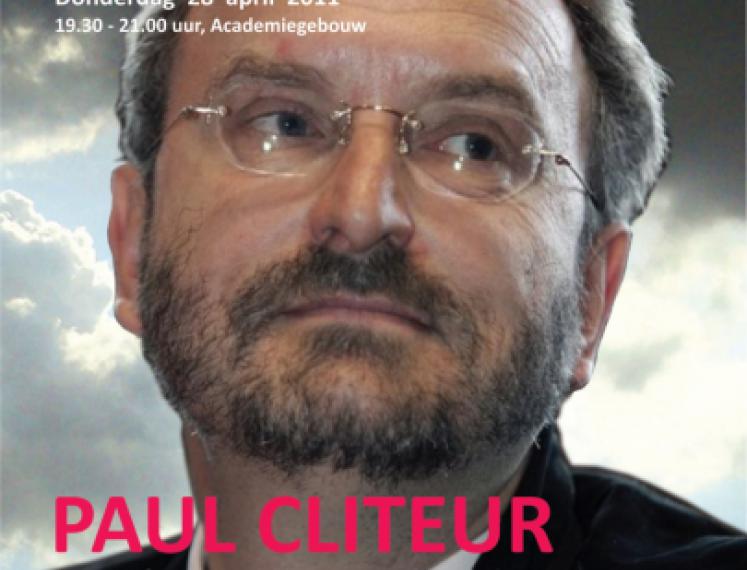Soft Robotics - The Next Generation of Intelligent Machines
Design of autonomous robots can strongly benefit from knowledge of biology and self-organization. ‘Soft Robotics’ designates a new generation of robots capable of functioning in the real world by capitalizing on ‘soft’ designs, i.e. skin, muscles, but also friendly interaction.
Researchers from robotics and artificial intelligence increasingly agree that ideas from biology and self-organization can strongly benefit the design of autonomous robots. Biological organisms have evolved to perform and survive in a world characterized by rapid changes, high uncertainty, indefinite richness, and limited availability of information. The term ‘Soft Robotics’ designates a new generation of robots capable of functioning in the real world by capitalizing on ‘soft’ designs at various levels: surface (skin), movement mechanisms (muscles, tendons), and interaction with other agents (smooth, friendly interaction). Industrial robots, in contrast, operate in highly controlled environments with no or very little uncertainty. The next generation of intelligent machines – robots – will be of the ‘soft’ kind. Professor Rolf Pfeifer will be introducing the tendon-driven soft robot Roboy that he and his colleagues have been developing in their laboratory over the last few months. Although many challenges remain, concepts from biologically inspired soft robotics will eventually enable researchers to engineer machines for the real world that possess at least some of the desirable properties of biological organisms, such as adaptivity, robustness, and versatility.
Rolf Pfeifer is Professor of computer science at the Department of Informatics, University of Zurich, and director of the Artificial Intelligence Laboratory. Visiting professor and research fellow at the Free University of Brussels, the Ludwig-Maximilian-University in Munich, the MIT Artificial Intelligence Laboratory in Cambridge, Mass., the Neurosciences Institute (NSI) in San Diego, the Beijing Open Laboratory for Cognitive Science, and the Sony Computer Science Laboratory in Paris. He is also the Deputy Director of the NCCR Robotics, the ‘National Competence Center for Research in Robotics’ in Switzerland. Research interests: embodied intelligence, biologically inspired robotics, morphological computation, and educational technology. He has over 200 scientific publications and is the author of several books including ‘Understanding Intelligence’ (with C. Scheier), ‘How the body shapes the way we think: a new view of intelligence’, (with Josh Bongard) and ‘Designing intelligence - why brains aren't enough’ (with Josh Bongard and Don Berry). The latest robot he developed is Roboy, a tendon-driven humanoid childlike robot. It mimics the human movement systems with its bones, joints, muscles and tendons.
Interesting links
University of Zurich.ch: Rolf Pfeifer
University of Zurich.ch: Artificial Intelligence Lab
Mitpress.mit.edu: Book - How the body shapes the way we think
Roboy.org: Roboy, a humanoid robot
Audio recording lecture Rolf Pfeifer



